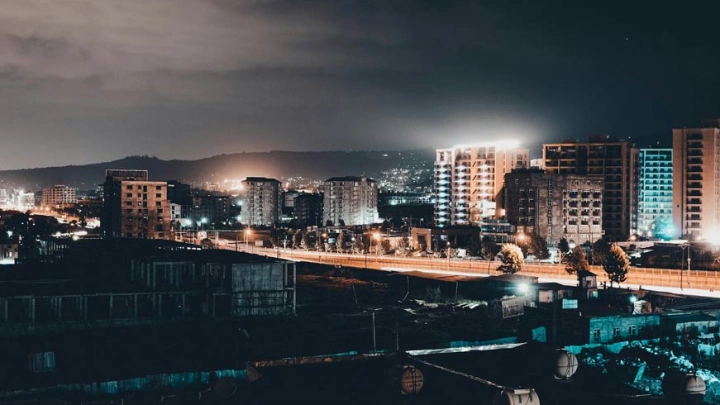In a significant diplomatic shift in the Horn of Africa, the leaders of Egypt, Somalia, and Eritrea convened in Asmara, the capital of Eritrea, on 10 October 2024. As their discussions centered on forming an alliance that could include a collective security framework or even economic sanctions against Ethiopia, the meeting raised concerns for the stability of the region.
Since August 2024, Egypt has forged a military cooperation and intelligence exchange agreement with Somalia and a similar security pact is expected with Eritrea. Now, as Eritrean President Isaias Afwerki, Egypt’s Abdel Fattah al–Sisi, and Somalia’s Hassan Sheikh Mohamud unite for the first time to discuss this tripartite alliance, the meeting’s outcomes could significantly alter the region’s geopolitical landscape.
Indeed, the Horn of Africa has been in the news for quite some time now, particularly for the metastasizing two–year–long civil war in Ethiopia that has claimed 600,000 lives. Meanwhile in neighboring Sudan, two generals fighting for power has resulted in more than 150,000 deaths and an additional 10 million displacements, creating dangerous repercussions for the region.
And while the region has hardly had a chance to breathe, another more considerable tension is lurking that can tear the region apart: This ad–hoc anti–Ethiopian coalition in the making in response to Ethiopia’s controversial deal with Somaliland. Located in the northwestern part of Somalia, Somaliland broke away from Somalia in 1991 and declared its independence.




